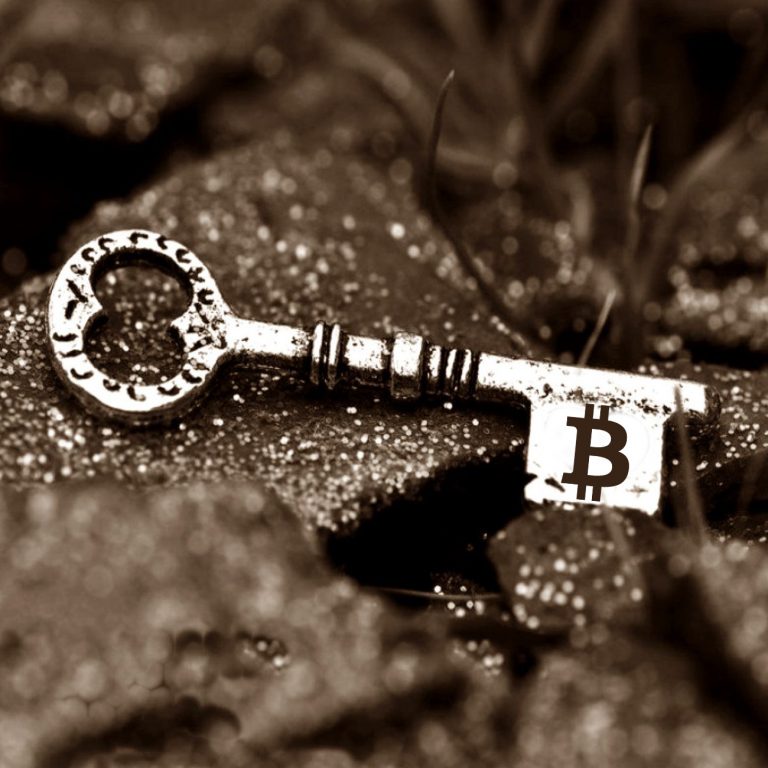
There are a lot of people people who own cryptocurrencies, and then there are those who think they own these digital assets, but in actuality don’t possess the private keys because they are held with a third party. Learning how to securely archive records that hold private keys like a JSON file or exporting, importing, and sweeping can provide people with the basic steps towards really owning bitcoin.
Also read: Localbitcoincash.org Revamps Website and Adds New P2P Features
Private Key Ownership Provides Financial Sovereignty
Every day someone new is learning about the fantastic benefits of bitcoin and cryptocurrency solutions. Many people will have acquired their first digital asset from an exchange like Coinbase or Circle Invest, but have yet to learn how to secure their private keys so they can really own those precious cryptocurrencies. The first and foremost lesson to digital currency ownership is a statement said over and over again by veteran bitcoiners.
If you don’t possess your private key, you don’t own bitcoins.
Private Keys and the Different Ways to Obtain Them
 A private key is the secret alphanumeric code that is mathematically paired with your public key — the alphanumeric address you use to receive payments. Private keys allow you to spend your cryptocurrencies and ensure you maintain ownership over them as long as the 256-bit alphanumeric code is kept a secret.
A private key is the secret alphanumeric code that is mathematically paired with your public key — the alphanumeric address you use to receive payments. Private keys allow you to spend your cryptocurrencies and ensure you maintain ownership over them as long as the 256-bit alphanumeric code is kept a secret.
If you happen to own cryptocurrencies because maybe you purchased some on an exchange, or someone loaded up a wallet for you or gave you a paper wallet, you may want to know how to obtain full ownership of your private keys. The thing about private keys is they can be stored in various ways and it’s good to gain knowledge



